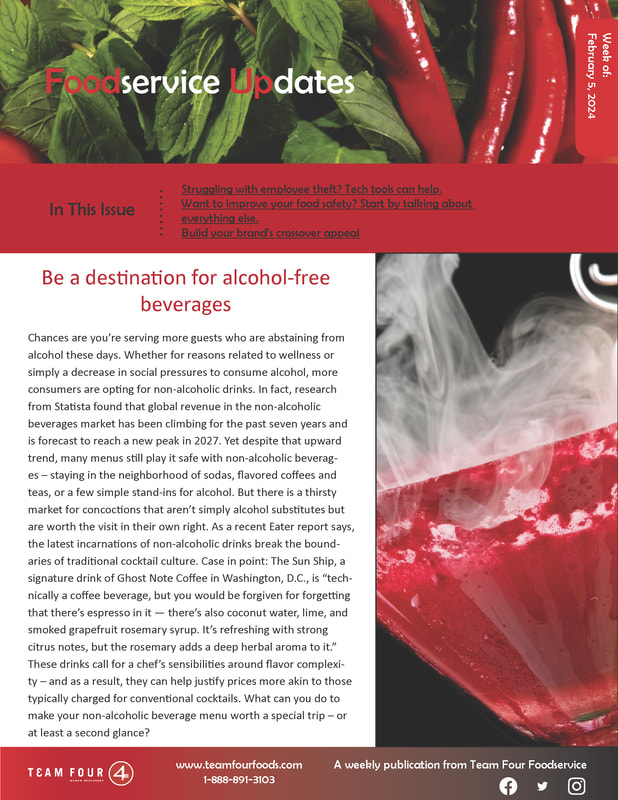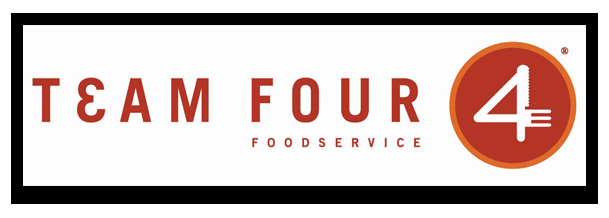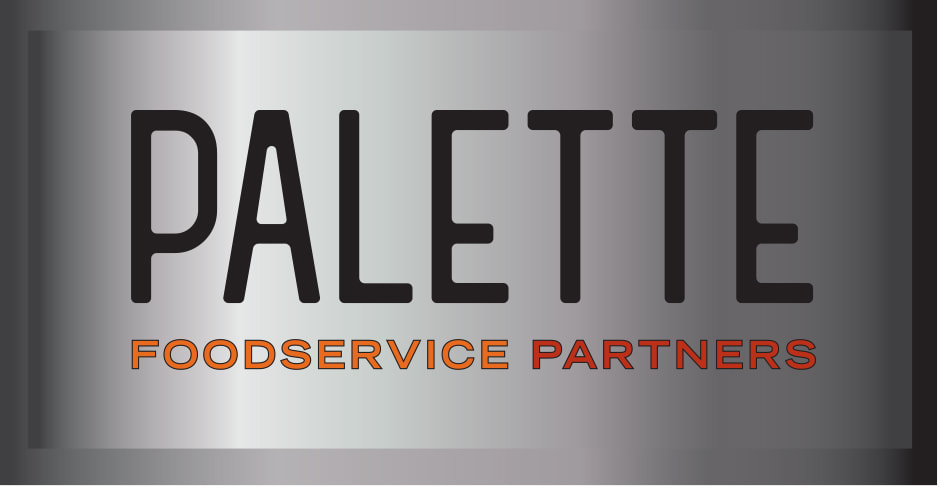 In an effort to recruit and retain staff in a tough labor market, restaurant operators are making changes to their benefits packages to demonstrate the safety and flexibility of their working environments. But these offerings don’t need to be hidden behind the scenes. Some brands are taking these changes as an opportunity to present the brand in a positive light with guests – and even offer them some perks in the process. Take Noodles & Company, which has made a commitment to supporting employees’ mental health through benefits including free counselling and mental wellness support through the HR platform LifeWorks. In January, Noodles & Company translated this into a guest-facing offer: They partnered with the online therapy company BetterHelp to offer a month of free therapy to up to 4,000 guests who purchased from the restaurant during the month.  As labor challenges in the restaurant industry have persisted, mental health has taken the spotlight. How restaurants help employees manage the stresses of the work, which have surged during the pandemic, will play a role in their ability to retain and attract staff as we move out of it. While some restaurants are approaching this by offering more flexible schedules, family-friendly hours and insurance or well-being benefits, a Denver restaurant made news recently for hiring an in-house, full-time therapist to help employees with mental health challenges day to day. While it may sound like a measure unlikely to become commonplace in restaurants, most restaurants can expect employees (and potential employees) to scrutinize how they treat mental health concerns going forward – and whether newly improved policies are actually practiced within the business. How are you addressing mental health concerns in your business?  Restaurant workers are expected to be helpful, caring and upbeat – but that can be a tall order at a time when restaurants are under great stress and many customers are behaving badly. Taking steps to protect the mental and physical health of your team can help you retain your existing staff and attract new people to your restaurant. First, provide a supportive environment where your team can acknowledge mental health challenges and feel it’s acceptable to talk about them with a manager and ask for time away from work to manage them. If you can, seek out discounts to local gyms, yoga studios or other facilities that can help your staff blow off steam – or offer to host a group fitness class for your team on a regular basis. You can also turn to help from apps designed with hospitality professionals in mind. Two are Sanvello, which provides support for a range of mental health concerns, and Ben’s Friends, a substance abuse support network for people in the industry. This year has asked so much of restaurant operators – as innovators, entrepreneurs, managers and neighbors. While it’s natural for people in the service profession to look for ways to serve guests well, taking care of staff – and themselves – can take a backseat. But the well-being of a restaurant’s entire team trickles down through your business and impacts all of your relationships. The slower period this winter may be a time to refocus on strengthening your team from the inside out. Mental health in restaurants was a central theme of the recent Chefs’ Congress in Lisbon. According to this report in Forbes, the event incorporated videos, workshops and techniques designed to allow owners, chefs, cooks and workers to better understand how to manage teams, partner with human resources, and increase awareness of workers' rights and risk factors. It even offered anonymous therapy sessions for restaurant professionals. As awareness of these issues grows, such events can provide teaching tools and other resources for operators regardless of where they do business.
Even in the midst of mass unemployment and deep uncertainty, restaurants that have found a way to remain open are somehow continuing to make their customers and communities feel cared for. But what about caring for the restaurant employees who are taking the risk of coming to work and serving the public right now? Or the millions of others who are currently out of work? Challenges to employees’ physical, mental and financial health abound right now. There are ventures springing up throughout the country to help. Efforts like Furlough Kitchen and HospitALLity House are helping to address hunger by providing free meals to laid-off hospitality workers. A charity organization called No Us Without You launched in Los Angeles to help undocumented restaurant workers in the city. Restaurant Careers and Hospitality Relief Dashboard are offering leads on grants, interim work and other assistance. Finally, a list of resources, https://edition.cnn.com/interactive/2020/health/coronavirus-how-to-help/#restaurants-and-food-workers, from CNN includes links to other sources of support for restaurants and food workers, as well as suggestions for communities looking to help the industry right now.
Many restaurant operators managing the stress of rebuilding business are encountering an extra challenge: how to ease their employees’ anxiety about everything from wearing face masks during service to handling guests who aren’t respecting your new safety procedures. People who are comfortable in their work environment are more effective employees – and are more likely to stay employed with you too. A Restaurant Business report (https://bit.ly/2XgBuQd) highlights efforts a number of operators are taking to ensure employees get the emotional support they need, as well as the training required to handle current stresses. When in doubt, communicate with your team – by regularly surveying them about what’s working and what isn’t, giving them a point of contact and other resources to turn to at any time with concerns, and using tech-based communication platforms to help keep them informed about what’s happening with your business each day.
At a time when the foodservice industry is embracing foods that promote health and well-being, those qualities don’t often come to mind when one thinks of the foodservice profession itself. But finding ways to protect your well-being and that of your staff can protect morale and promote retention. Beyond creating healthy routines around meals, sleep and exercise, Chefify suggests establishing boundaries – with your employer and staff. It can help you handle everything from negotiating sufficient time off between shifts to managing everyday problems more efficiently (and being selective about the ones you take on). Take stock of your day with staff to review what went well and what needs improvement. Establish clear working hours for yourself and your team. Don’t oversell your knowledge and experience – or be afraid to delegate tasks to others: Relying on other people helps make them accountable. Finally, don’t lose your connection with the outside world – keeping tabs on events happening outside of the foodservice industry can provide perspective and may help you conceive of new ideas that will keep your work interesting and fresh.
Anthony Bourdain’s death last year, along with a string of 12 suicides and substance-abuse related deaths among hospitality workers in Sacramento, served as a reminder of how restaurants can be fertile ground for mental health problems. The long hours, stressful pace and other extreme conditions can set the tone for unhealthy eating and sleeping habits that exacerbate mental health concerns. To help, a Civil Eats report that appeared in Eater said chef Patrick Mulvaney of Mulvaney B&L in Sacramento has partnered with Kaiser Permanente, VSP Global, WellSpace Health, the Steinberg Institute and the James Beard Foundation to develop a pilot program called “I Got Your Back.” The program, which has already launched in Mulvaney’s business, trains select workers to spot signs of mental distress at the restaurant. They wear a purple hand on their uniform and check in with other employees to offer support. Mulvaney has hosted workshops to connect with other operators looking to discuss mental health, and he is next looking to develop online resources to help workers in crisis find mental health professionals.
|
subscribe to our newsletterArchives
July 2024
Categories
All
|








 RSS Feed
RSS Feed